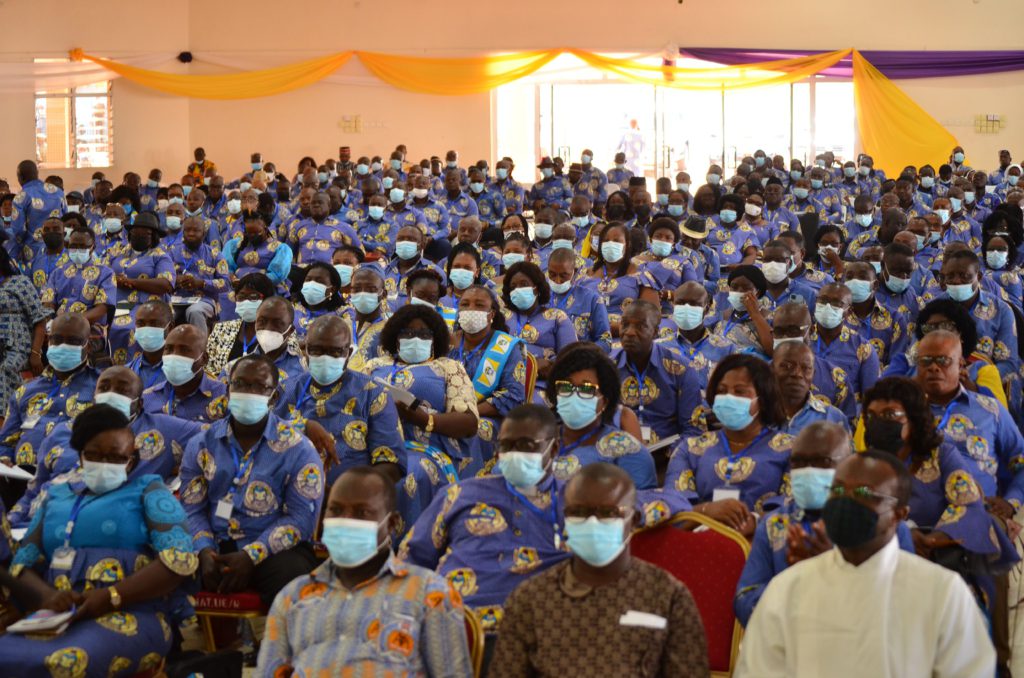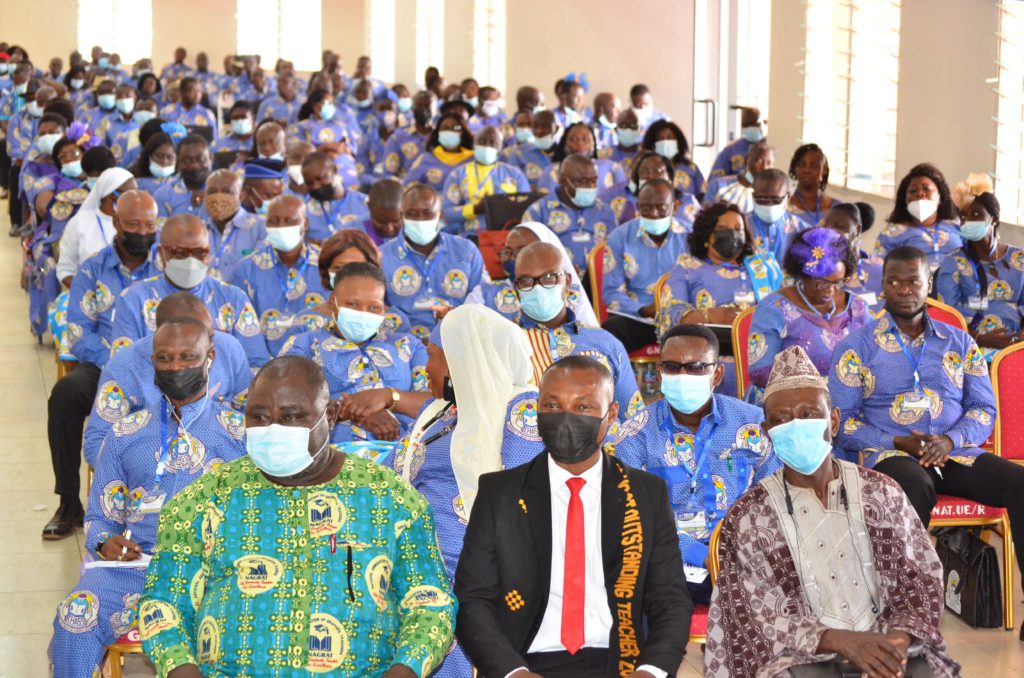The Conference of Heads of Assisted Secondary Schools (CHASS) has expressed worry over the growing levels of indiscipline in Senior High Schools across the country.
The heads of school want a stakeholders’ meeting to reconsider the withdrawal of corporal punishment and adopt proper disciplinary measures to protect students and teachers in second cycle institutions.
Speaking at the 59th Annual Conference of CHASS which ended on Friday November 19, 2021 at Bolgataga in the Upper East Region, President of CHASS, Alhaj Yakub Bin Abubakar, said; “The level of indiscipline in our schools is growing by the day and it is pervasive. From breaking common school rules, students are now involved in the use of hard drugs, pushing down school fence walls and engaging in fights using knives and cutlasses; inflicting serious wounds on themselves”.
“Vandalizing teachers’ properties like cars and farms are now common occurrences when teachers try to instill discipline. Are we in the dilemma of sparing the rod and spoiling the child?” Alhaj Bin Abubakar quizzed.
He said though CHASS is not against the withdrawal of corporal punishment, they “fear that the withdrawal [of the punishment] has emboldened students to misbehave” on campuses.
The CHASS President said something needs to be done urgently before the headmasters lose control of their schools.

He called for, “a stakeholder consultation to look at the issue of indiscipline and see how we can come out with our own homemade disciplinary measures instead of adopting; hook, line and sinker, other jurisdictions’ approach of addressing indiscipline in our schools”.
The 59th Annual Conference of CHASS was under the theme; “Discipline and Child Rights in our Senior High Schools: the fate of the School Head”.
In attendance were headmasters/mistresses of various Senior High Schools across the country, representatives of various teacher and education unions and other stakeholders in education.

Various speakers who touched on the theme at the conference were of the view that the withdrawal of corporal punishment in Senior High Schools needs to be reconsidered.
A national representative of the National Association of Graduate Teachers [NaGRAT], Michael Ayuraboya said though the Ghana Education Service banned corporal punishment in schools, the Service did not proffer an alternative, thereby making it difficult for teachers to manage recalcitrant students.
“Today, nonperforming students cannot be repeated or withdrawn from the schools. Students with bad and questionable characters who should be withdrawn to protect those who want to study in the schools, remain in our schools”, Ayuraboya complained.
Delivering the keynote address at the conference, the Vice Chancellor of the CK Tedam University of Technology and Applied Sciences, [formerly the Navrongo campus of UDS], Prof. Eric Magnus Wilmot entreated the headmasters to find other ways of instilling indiscipline in students.
He suggested preventive, supportive and corrective discipline as measures teachers can adopt to keep students under control.
Preventive discipline he said, entailed; “establishing expectations, guidelines or school or classroom rules for behavior in order to proactively prevent disruptions”.

Deputy Education Minister, Rev. John Ntim Fordjour who attended the CHASS conference, said he believes the issue of indiscipline in Senior High Schools could be attributed to the quality of the students coming from the basic schools.
He said if the students are brought up to have a heart of conscience and humanity, a high level of discipline will be maintained in the schools.
“Essential moral and social values are required. And this can be achieved through the hidden curriculum, he said adding; “When we build in our students, essential societal values and indigenous Ghanaian values, it will go a long to ensure that high standards of discipline are maintained”, Rev. Fordjour said.
The Deputy Education Minister also indicated government’s willingness to dialogue with the heads of schools on how best disciplinary measures can be deployed to ensure good behaviors by students in schools, particularly with banning of corporal punishment.
Latest Stories
-
Honda and Nissan hold merger talks
11 minutes -
The city where shopkeepers fear their CCTV cameras could get them killed
26 minutes -
Bawumia to grace Parliament’s Festival of Nine Lessons and Carols
44 minutes -
UK removes nearly 13,500 migrants since election
58 minutes -
Fourteen dead as Vanuatu searches for earthquake survivors
1 hour -
Petrosol’s Energising Dreams Promo: 14 more lucky customers win big in second draw
1 hour -
Gisèle Pelicot: How an ordinary woman shook attitudes to rape in France
2 hours -
Apple accused of using conflict minerals
2 hours -
President-elect Mahama plans to reform cocoa sector, restructure regulator
2 hours -
Kenyan man sentenced to 50 years in jail for killing LGBTQ activist
2 hours -
US singer Chloe Bailey, Burna Boy spotted in Lagos; spark dating rumours
4 hours -
Major power outage hits Kenya, affects internet access
4 hours -
New Mauritian PM sends fresh Chagos proposals to UK
4 hours -
Sensitive data leaked after Namibia ransomware hack
5 hours -
Dozens in Mozambique killed by ‘intense’ cyclone
5 hours

